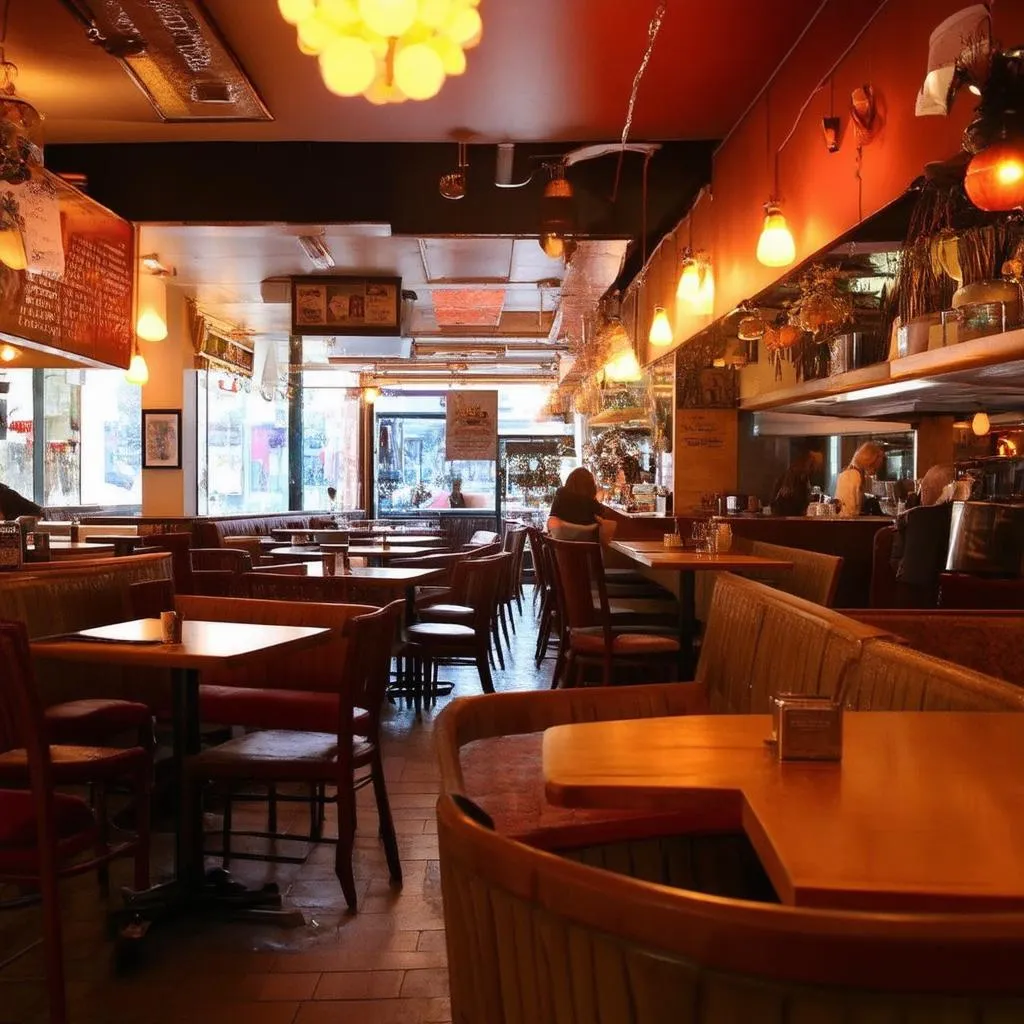The IELTS Speaking test assesses a candidate’s ability to communicate effectively in English. This segment is divided into three parts: Part 1 (Introduction and Interview), Part 2 (Long Turn), and Part 3 (Two-way Discussion). To perform well, candidates need to exhibit a range of vocabulary, accurate grammar, fluency, and clarity. Topics related to relaxation are very common, and one such frequently asked question is “Describe a place where you go to relax after a hard day.” This guide provides detailed insights and sample answers to help you achieve a high band score.
Part 1: Introduction and Interview
In Part 1, the examiner asks general questions on familiar topics such as hobbies, work, and relaxation. Here are some commonly asked questions and a sample response for one.
Common Questions
- Do you have any hobbies or interests?
- How do you usually relax after work or school?
- Can you tell me about a place where you feel most relaxed?
Sample Answer
Question: Can you tell me about a place where you feel most relaxed?
Answer: Certainly! The place where I feel most relaxed is a small park near my home. It’s a tranquil spot with lots of greenery, a small pond, and plenty of benches where I can sit and read or just unwind. I often go there in the evenings to escape the hustle and bustle of city life. The sound of water and the chirping of birds really help me to decompress after a long day.
Part 2: Long Turn
In Part 2, the candidate receives a cue card with a topic and has one minute to prepare before speaking for up to two minutes. Below is a sample cue card and a detailed response.
Cue Card
Describe a place where you go to relax after a hard day. You should say:
- Where this place is
- What it looks like
- What you do there
- And explain why it helps you to relax
Sample Response
The place I go to relax after a tough day is a charming little café called “Peace Central,” situated about a 10-minute walk from my apartment. This café has a cozy ambiance with soft lighting, comfortable chairs, and walls adorned with beautiful paintings by local artists. There is even a small bookshelf filled with books you can borrow while you sip your coffee.
 Cozy Cafe Interior
Cozy Cafe Interior
Usually, I head to Peace Central around 6 PM after work. I order a cup of their special blend coffee and a pastry. Sometimes, I bring a book to read or simply enjoy the soothing background music that plays gently over the speakers. The atmosphere is incredibly calming, and it gives me a chance to escape the stress of my day.
The reason this café helps me relax is that it provides a serene environment where I can unwind. The friendly staff and other regular patrons create a warm, welcoming vibe. Moreover, the aroma of freshly brewed coffee and baked goods has a comforting effect on me. This combination of elements makes Peace Central my go-to spot for relaxation.
Possible Follow-up Questions
- Do you often go there alone or with friends?
- How did you discover this place?
- What’s your favorite item on their menu?
Follow-up Answers
Do you often go there alone or with friends?
I usually go there alone because it’s my personal space to unwind, but sometimes I invite close friends to join me when I want some company.
How did you discover this place?
I discovered Peace Central quite by accident while exploring my neighborhood one day. The warm glow from the windows and the delicious scent of coffee drew me in.
What’s your favorite item on their menu?
My favorite item on their menu is the blueberry cheesecake. It’s light, perfectly sweet, and ideal to pair with a cup of their special blend coffee.
Part 3: Two-way Discussion
In Part 3, the questions become more abstract and in-depth, exploring broader themes and requiring the candidate to express opinions and provide reasoning.
Sample Discussion
Examiner: Why do you think people need places to relax?
Candidate: I believe people need places to relax because modern life is incredibly fast-paced and stressful. Having designated spots to unwind helps individuals maintain their mental health and well-being. These places provide an escape from daily pressures and offer a chance to recharge mentally and emotionally.
Examiner: How have relaxation places changed over the years?
Candidate: Relaxation places have evolved significantly over the years. In the past, they were mainly natural settings like parks and beaches. Nowadays, there are many more options including spas, wellness centers, and even virtual reality experiences that help people relax. The rise of urbanization and technology has contributed to this transformation.
Examiner: Do you think relaxation methods vary between different cultures?
Candidate: Absolutely, relaxation methods vary widely between cultures. For instance, in Japan, people often visit hot springs, while in Western countries, it’s common to go to spas or practice yoga. These differences can be attributed to cultural values, traditions, and the lifestyles of people in different regions.
Vocabulary and Structures for High Scores
Here are some key vocabulary and structures that could enhance your Band score:
- Tranquil: /ˈtræŋkwɪl/ (adj.) – calm and peaceful.
- Decompress: /ˌdiː.kəmˈpres/ (verb) – to relax and reduce tension after a stressful time.
- Ambiance: /ˈæmbiəns/ (noun) – the character and atmosphere of a place.
- Cozy: /ˈkoʊzi/ (adj.) – giving a feeling of comfort, warmth, and relaxation.
- Serene: /səˈriːn/ (adj.) – calm, peaceful, and untroubled.
- Unwind: /ʌnˈwaɪnd/ (verb) – to relax after a period of work or tension.
Example Usage
- “The small park near my home is extremely tranquil, making it the perfect place to unwind.”
- “I find the ambiance of Peace Central to be very cozy, which helps me to decompress after a hard day.”
Examiner’s Advice
To excel in the IELTS Speaking test:
- Practice speaking about familiar topics fluently.
- Use a range of vocabulary and complex structures.
- Stay calm and be natural in your responses.
- Make sure to answer all parts of the cue card.
- Practice with a partner or record yourself to identify areas for improvement.
By following these tips and using the provided examples as a guide, you can enhance your speaking skills and increase your chances of achieving a high band score in the IELTS Speaking test.


